A guide to creating a sales incentive program your dealers will appreciate.
Sales Incentive Programs are incredibly complex and difficult to get right no matter the type or level. Gaining the business of a company is as much salesmanship as it is investigative reporting, and much of the reporting is in-taking, comprehending, and feeding that information back to the customer in the form of a solution to their particular needs. This outline is far from all-encompassing, but is a fine start and “guide for the perplexed” (so to speak).
Choose (and Bring) Your Weapon(s)!
There are a lot of dealer/channel incentive programs out there, however most fail to perform and achieve desired results. An effective program will do and/or consider all of the following (and beyond):
Techniques That Stand the Test of Time
Money and monetarily valuable awards are excellent, consistent performance enhancers. Understand that, while not all people are motivated by monetary gain, most will either report or show in their actions that they are.
Competition
Salespeople are generally of a more competitive breed than other groups. Therefore, a little friendly competition can be great. Give your sales partners a way to monitor their own progress and success, whether against or compared to:
- Themselves
- A set standard, previous goals, or levels reached
- Their peers and team members
Consistent Verbal and Other Non-Monetary Accolades
People need to know they’re not forgotten between achievements. Coming to work and doing what you’re expected day in day out is worthy of distinct and genuine acknowledgment and praise.
Know Your Audience and Which Channels Are Most Important Therein
Everyone wants their middle men to focus on them and, to achieve this, there are many questions that need to be answered. Regarding incentives and rewards, starting simple is an excellent jumping off point:
- What’s most interesting for them?
- What’s best for their customer? (Which are yours, too!)
Who’s on Your Team?
As a general rule, studies show that, across a multitude of industries, sales teams and people average out into three groups:
- Top 20% – Always performing, competitive, and responsible for about 80 percent of all sales.
- Second 20% – Better than most, but fall in and out of the top handful of performers.
- Main 60% – Have a great month here and there, but do not regularly repeat performance.
Focus Strategically
- Turn your eye toward the Second 20% and Main 60%. They are the majority and provide stability to every company. It may seem most logical to gear Sales Incentive Programs toward rewarding top performers, but the reality is those people are already naturally gifted and motivated to perform. An extra carrot for those already at the front of the pack may only have a marginal positive effect.
- Sales Incentive Programs that target the lower 60-80%. Most team members have been shown to close double the business in a clear cut and effective manner.
Simplicity
To paraphrase Albert Einstein, “Make everything as simple as possible, but not simpler.” Most systems work best if they lack ambiguity. Buy-in and steps to participate should be kept to a minimum. Consider if:
- Registration and verifications are efficient
- Thresholds (sales dollars, required number of account openings) are necessary and can be kept as low as possible
Implementing arduous recording and reporting systems are a sure-fire way to lead to a Godzilla-sized “NOPE!” from participants. The vast majority of people will keep with the status quo–paying their bills and going to bar trivia after work–than take extra time and effort to involve themselves in a convoluted program.
Know Exactly What You’re Working For!
Specify objectives in distinct, measurable terms and goals based on importance, volume and numbers, and time required (daily, weekly, monthly, quarterly, annual goals).
Teach How the Program Works
No matter how simple, without clear, easy-to-follow instructions on how to participate, the program will likely arrive DOA.
Lead by Example
To quote Albert Einstein (again): “Setting an example is not the main means of influencing others, it is the only means.” The program must be implemented, maintained, managed, and consistently utilized by all, lest it become old, uninteresting, and unused by the very people it was built for.
Put another way, if the people implementing, running the program, and issuing standards, rules and rewards do not actively involve themselves, it makes it harder and even alienates those who truly want to participate.
Too Much or Too Little?
Too many small, incremental levels makes progress feel like it’s crawling and therefore not worthy of attention; too many rewards can result in a program becoming unaffordable for the company; and too few tiers and subsequent rewards and the program becomes easy to forget about and unfamiliar to the participant.
Based on these three statements, an incentive program should:
- Take up as little focus and time away from actual work and life as possible.
- Be interesting and relevant, and not create tasks outside the common scope of work. Example: If you or the team only uses Salesforce once in a blue moon, it’s easy to forget how it works and never discover its convenience, intelligence, relevance, and professional benefit. If you use it once a week or even daily, it can become a wonderfully helpful tool.
- Invigorate and motivate. It must be worthy of attention.
Rewards and Recognition and Timing
Rewards must be given and accessible immediately. In today’s world, people want to know that their efforts are noticed and appreciated. If you want a salesperson to move onto the next goal, the incentive needs to be provided quickly. Almost as paramount, remember there is no such thing as too much non-monetary recognition along the way.
Create a culture of consistent appreciation and people will want to put forth effort to achieve the goals ahead of them. Studies show that touting your own team’s individual and group achievements creates excitement, friendly competition and hierarchy, and unity.
To break it down, an ideal program is built on these principles:
- Choose Your Weapon
- Know Who’s on the Team
- Focus
- Keep It Simple, Stupid!
- Teachers Are Some of our Greatest Heroes
- Lead by Example
- Keep It Between the Lines
- Reward Immediately, Encourage Consistently



